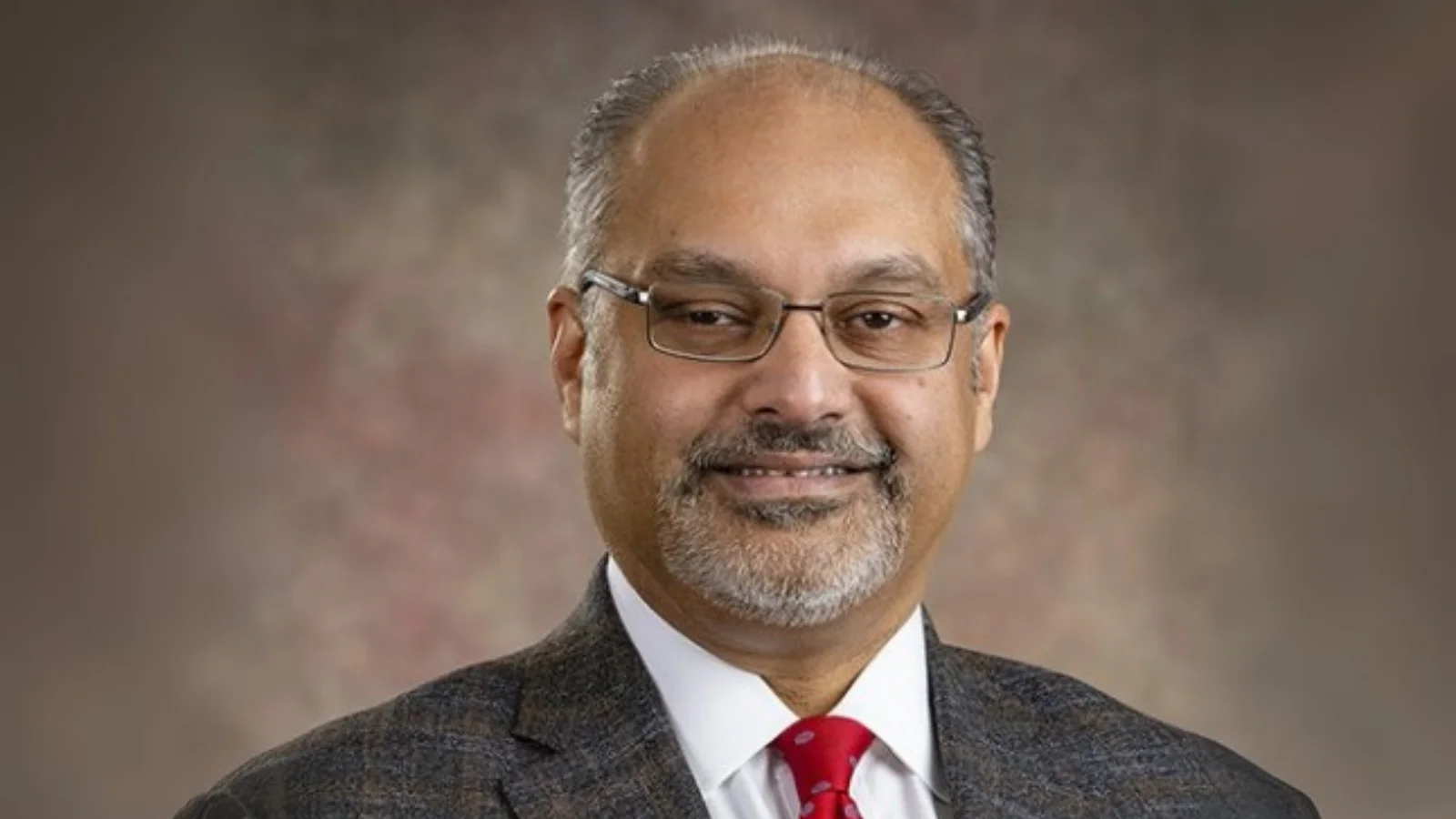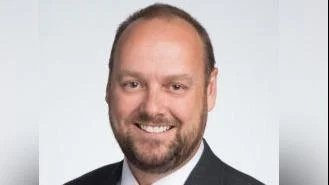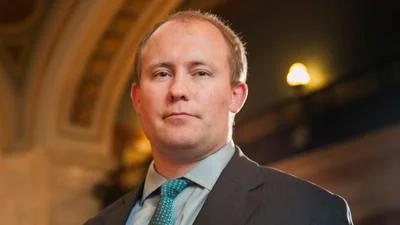Imran Andrabi, MD, FAAFM President and CEO | Thedacare Regional Medical Center-Appleton
Imran Andrabi, MD, FAAFM President and CEO | Thedacare Regional Medical Center-Appleton
ThedaCare specialists are emphasizing the importance of personalized approaches to weight loss, as more people turn to medications like GLP-1 agonists. Dr. Benjamin Duffy, a board-certified Obesity Medicine Specialist with ThedaCare, said individualized plans often yield better outcomes for those seeking lasting results.
A recent poll by the Kaiser Family Foundation found that one in eight American adults have tried a GLP-1 agonist—medications commonly known under brand names such as Ozempic, Wegovy, and Mounjaro. “The attraction to this medication is easy to understand,” Dr. Duffy said. “GLP-1s typically are considered safe and can offer an effective solution for reaching individual weight-loss goals. They also provide additional benefits that can reduce the risk of other conditions including diabetes, heart disease and sleep apnea.”
Dr. Duffy noted that while these drugs are effective for many people, they are not the only answer for obesity management. He described obesity as a chronic disease requiring ongoing attention and multiple strategies.
The ThedaCare Weight Wellness program offers various treatment options ranging from lifestyle changes and intervention programs to medication management and bariatric surgery. Dr. Ray Georgen, General Surgeon and Co-Medical Director of ThedaCare Bariatrics, highlighted the need for a broad approach: “Healthy eating habits and an active lifestyle are fundamental to any sustainable weight loss,” he said. “However, those alone often are not enough. Our multidisciplinary team can help people determine the best solutions for their individual circumstances.”
For patients with severe obesity considering whether to use medication or undergo surgery, Dr. Georgen explained that decisions depend on factors such as cost, side effects, invasiveness, and permanence of each option.
“Instead of thinking in terms of either medication or surgery, the answer may be a combination of both,” he said.
Drugs like GLP-1s may serve as an initial step for some individuals but could present challenges related to affordability or side effects; others might experience weight regain after stopping them.
“If anti-obesity medications no longer work for someone, we want them to know that bariatric surgery may be an option,” Dr. Georgen said. “We’ve also seen that a GLP-1 combined with surgery can work effectively for people.”
Anti-obesity medications may support patients before surgery—potentially improving procedural safety—or assist those who regain weight afterward.
Dr. Duffy underscored the value of reputable programs led by multidisciplinary teams: “Regardless of what weight loss treatment option you choose, it’s important select a reputable program,” he said. “Working with a multidisciplinary team leads to better long-term results.”
Services available through ThedaCare’s Weight Wellness program include nutrition counseling from dietitians, exercise guidance, health coaching (including intensive lifestyle coaching), medical management for obesity care, and bariatric surgical options tailored to patient needs.
“We treat obesity using an individualized approach,” Dr. Duffy added.“Every person has a unique story, biology and set of goals.Our job is to find the right combination of tools – including lifestyle change ,coaching ,mental health support ,medication and surgery –that work together in the long run.” He advised individuals interested in pursuing weight loss solutions begin by consulting their primary care physician or contacting ThedaCare’s Bariatrics team.




 Alerts Sign-up
Alerts Sign-up